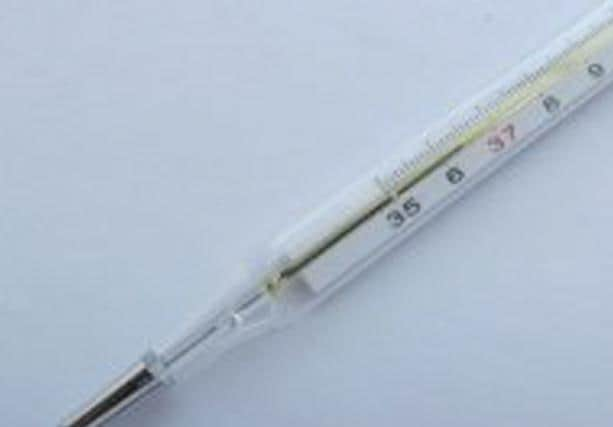Firefighters decontaminate house after mercury leaked from simple thermometer in Milton Keynes
and live on Freeview channel 276
A fire crew from West Ashlands were called last night to a property in Twinflower on Walnut Tree.
The resident was concerned about poisonous mercury leaking from a broken thermometer.
Advertisement
Hide AdAdvertisement
Hide AdContaminated bedding and clothing had been removed by the time the crew arrived, but firefighters used two sets of breathing advice to check the area. They gave advice about cleaning and disposal of possible residual traces.


Mercury, often used in older thermometers, is a dense, shiny, fast-moving liquid metal which can break up into little balls that reform when pushed together.
The main health problems from mercury are from the vapors, which can be inhaled and are absorbed into the body.
This can result in coughing, sore throat, difficulty breathing, chest pain, vomiting, and headache. Repeated long-term exposure can cause weakness, shaking, difficulty walking, headaches, loss of appetite, kidney damage, high blood pressure, rapid pulse and even personality changes.
Advertisement
Hide AdAdvertisement
Hide AdIn 2009 an European Union directive came into force banning the sale of mercury thermometers to the general public, but many people still have them in their medicine cabinets.
Newer liquid-in-glass thermometers contain a non-mercury silver substance called Galinstan that is not toxic when swallowed. Non-silver liquid-in-glass thermometers typically contain a colored alcohol that should be quickly rinsed off if it comes into contact with the mouth or skin.